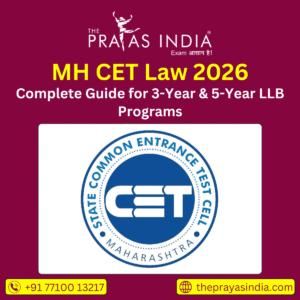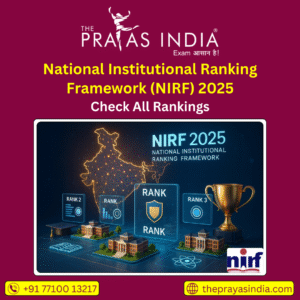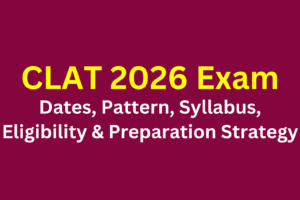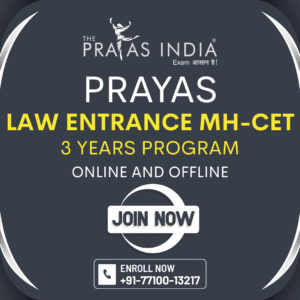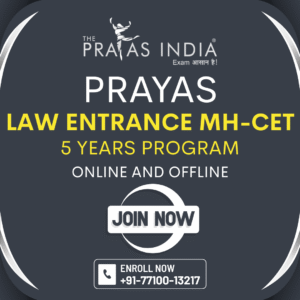Lokpal in India: Evolution, Powers, and Effectiveness in Ensuring Accountability
UPSC GS Paper 2: Governance, Accountability, Transparency, Citizen Charters.
UPSC Prelims: Features of the Lokpal and Lokayuktas Act, Prevention of Corruption Act, and related bodies like the Central Vigilance Commission (CVC).
Essay and Ethics Papers: Topics on ethical governance, role of ombudsman, and combating corruption.
Introduction
The Lokpal serves as India’s apex anti-corruption ombudsman, established under the Lokpal and Lokayuktas Act, 2013, to investigate complaints of corruption against public officials, including the Prime Minister, Ministers, and Members of Parliament. Its inception marks a major step toward institutional accountability, transparency, and ethical governance. Envisioned as an independent statutory authority, Lokpal embodies the spirit of the constitutional principles of integrity and rule of law, ensuring that those in power remain accountable to the people.
Background & Evolution
The concept of Lokpal traces its origin to the First Administrative Reforms Commission (1966), which recommended establishing an independent authority to address citizen grievances against public officials. The demand gained new momentum during the Jan Lokpal Movement (2011) led by Anna Hazare, reflecting massive public outrage over high-profile corruption scandals. This movement galvanized civil society pressure, culminating in the passage of the Lokpal and Lokayuktas Act, 2013. The Act sought to institutionalize accountability by establishing the Lokpal at the Centre and Lokayuktas at the state level.
Constitutional & Legal Framework
The Lokpal and Lokayuktas Act, 2013, provides the statutory framework for anti-corruption investigation and action. It aims to improve governance by ensuring transparency in public administration and empowering citizens to file complaints.
Key provisions include:
- Establishment of Lokpal at the central level and Lokayuktas in every state.
- Jurisdiction over the Prime Minister (with specific exceptions related to national security, public order, and international relations), Ministers, MPs, and central government officials.
- Powers to recommend actions based on findings from investigations conducted directly or through agencies like the CBI.
- States were mandated to establish Lokayuktas within one year of the Act’s implementation.
The law bridges constitutional governance and public ethics, directly linking to Article 14’s equality principles and Article 311’s accountability doctrines.
Composition & Appointment
The Lokpal consists of a Chairperson and up to eight Members, of whom 50% are judicial members.
- At least half of the total membership must represent SCs, STs, OBCs, minorities, and women.
- The Chairperson should have served as Chief Justice of India or a Supreme Court Judge, or be an eminent person with expertise in public administration or anti-corruption.
- Members must have held senior judicial or administrative posts with proven integrity.
Selection Committee
Appointments are made by the President of India based on recommendations from a Selection Committee comprising:
- The Prime Minister (Chairperson)
- The Speaker of the Lok Sabha
- The Leader of Opposition (or leader of the largest opposition party)
- The Chief Justice of India or a nominee judge
- One eminent jurist nominated by the President
A Search Committee assists in recommending names, ensuring inclusivity and independence.
Powers and Functions
Lokpal wields extensive powers to ensure corruption-free administration :
Investigative Jurisdiction
- Authorized to probe complaints under the Prevention of Corruption Act, 1988.
- Can direct the CBI or any competent agency to conduct investigations.
- Possesses supervisory control over CBI investigations referred by it.
Prosecution and Disciplinary Powers
- Can grant sanction to prosecute public servants, including Ministers and MPs.
- Has powers to seize assets, issue search warrants, suspend officials, and order preservation of records to prevent evidence tampering.
Quasi-Judicial Authority
- The Inquiry Wing has the powers of a civil court, enabling it to summon witnesses, demand documents, and enforce attendance.
- Can recommend transfer, disciplinary action, or prosecution of erring officers.
Jurisdictional Scope
- Covers all public functionaries — Prime Minister (with exceptions), Union Ministers, MPs, and Union officials (Groups A to D).
- Extends to heads and directors of autonomous institutions, companies, NGOs, and trusts receiving Central Government or foreign funding above ₹10 lakh.
Challenges & Limitations
Despite its significance, the Lokpal faces structural and operational constraints:
- Delayed Implementation: The Lokpal, though enacted in 2013, became functional only in 2019.
- Dependence on Government Agencies: Lack of independent investigation apparatus leads to reliance on the CBI and other government machinery.
- Overlapping Jurisdictions: Coordination challenges with CVC, CBI, and departmental vigilance mechanisms.
- Political Hesitation: Initial delays in appointment reflected reluctance across governments to empower the Lokpal fully.
- Weak Lokayuktas: Several states have ineffective or non-functional Lokayuktas, reducing national coherence in anti-corruption oversight.
- Limited Public Awareness: Citizens’ lack of knowledge about complaint mechanisms weakens engagement and transparency.
Way Forward & Reforms
For Lokpal to fulfill its constitutional promise, reforms are essential:
- Institutional Independence: Strengthen financial and operational autonomy from the government.
- Special Investigating Cadre: Establish dedicated investigation teams under Lokpal control rather than relying solely on CBI.
- Time-Bound Proceedings: Mandate strict deadlines for inquiry and trial to prevent undue delays.
- Public Outreach: Awareness campaigns to encourage citizen participation and whistleblower protection.
- State Lokayukta Empowerment: Ensure uniform standards for Lokayuktas to foster consistent accountability nationwide.
- Digital Transparency: Introduce a digitized grievance mechanism for real-time case tracking and updates.
Conclusion
The Lokpal represents a landmark in India’s long struggle to institutionalize integrity in public life. It is a manifestation of the constitutional spirit of accountable governance and citizen empowerment. While its creation is a milestone, its success depends largely on effective functioning, structural independence, and public engagement. As a “watchdog of accountability,” Lokpal can strengthen people’s faith in governance — provided it remains transparent, autonomous, and committed to curbing corruption.
Frequently Asked Questions (FAQs)
Q1: What is the Lokpal?
The Lokpal is India’s central anti-corruption ombudsman tasked with investigating corruption complaints against public officials, including the Prime Minister and Members of Parliament.
Q2: When was the Lokpal established?
The Lokpal and Lokayuktas Act was enacted in 2013, and the Lokpal became operational in March 2019.
Q3: Who appoints the Lokpal Chairperson and Members?
The President of India appoints them based on recommendations from the high-powered Selection Committee.
Q4: Can the Prime Minister be investigated by the Lokpal?
Yes, the Lokpal can investigate the PM, except in matters related to national security, foreign relations, atomic energy, and public order.
Q5: What are Lokpal’s powers?
Lokpal can oversee corruption inquiries, direct CBI investigations, confiscate illicit assets, and prosecute or recommend disciplinary actions.
Q6: What is the difference between Lokpal and Lokayukta?
Lokpal operates at the national level, while Lokayuktas function within individual states for state-level public servants.
Q7: What challenges does the Lokpal face?
Strong dependence on government agencies, delayed appointments, overlapping jurisdictions, and limited awareness hinder effectiveness.

